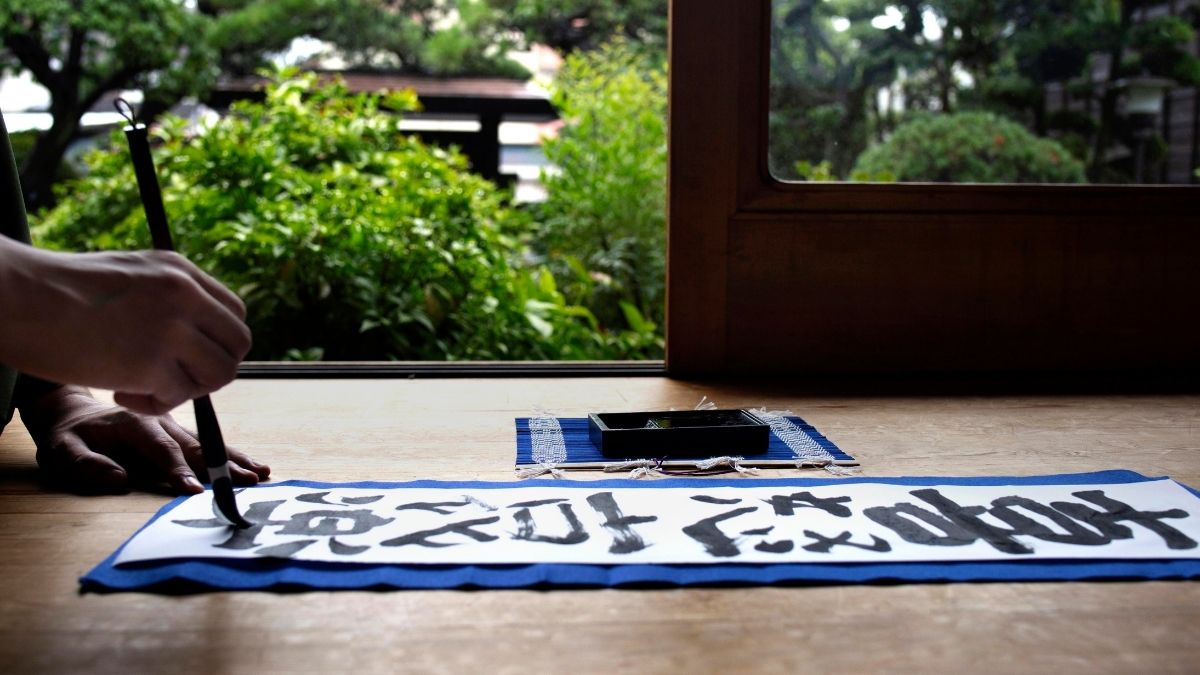Weirdest Laws in Japan, Japan is a country that often feels like stepping into another world—neon-lit cities, serene temples, cutting-edge technology, and traditions that go back thousands of years. It’s a place where the modern and the ancient coexist beautifully. But beyond its sushi, bullet trains, and cherry blossoms, Japan also has some truly Weirdest Laws in Japan that might surprise you.
Some of these rules are rooted in cultural traditions, others in health or public order, and a few are just plain quirky. If you ever plan to visit (or live) in Japan, these unusual laws might give you a smile—or at least keep you from accidentally breaking them!
1. No Dancing After Midnight (Weirdest Laws in Japan)
For decades, Japan had a law banning dancing in public after midnight. This stemmed from post-war regulations aimed at curbing nightlife linked to crime. While enforcement wasn’t always strict, technically, nightclubs weren’t supposed to allow dancing into the early hours. Thankfully, the law was relaxed in 2015, and Japan’s nightlife has been much livelier since. Still, the thought of a country famous for karaoke banning late-night dancing sounds odd, doesn’t it?
2. It’s Illegal to Be Overweight (Sort of)
In 2008, Japan introduced the “Metabo Law” to tackle rising obesity rates. Companies and local governments are required to measure the waistlines of people between 40 and 74 years old during annual checkups. If your waistline exceeds the government’s limits (33.5 inches for men, 35.4 inches for women), you may be asked to attend diet counseling. While no one’s going to throw you in jail for an extra bowl of ramen, the idea of legally “monitoring waistlines” is certainly unique.
3. You Can’t Take Trash Home from Disneyland
This one’s more of a quirky regulation than a strict national law, but it’s very “Japanese” in its precision. In Tokyo Disneyland, guests are not allowed to take trash (like popcorn buckets or bags) outside the park. Everything has to be disposed of on-site. The reason? To maintain the spotless cleanliness of Japan’s public spaces.
4. No Walking While Smoking in Many Cities
In several Japanese cities, including Tokyo’s busiest districts, it’s illegal to smoke while walking. Instead, smokers must stand in designated smoking areas. The law isn’t just about health—it’s about preventing accidents. Imagine a crowded sidewalk and someone’s lit cigarette brushing against another person’s arm. Not fun.
5. Illegal to Make Swords Without Permission
Japan has a deep history of samurai and sword-making, but today, crafting a katana is tightly regulated. Only licensed swordsmiths approved by the government can make traditional Japanese swords. So, while you might think of taking up sword-making as a cool hobby, in Japan it’s a serious, highly controlled profession.
6. Driving While Splashing Pedestrians Is a Crime
During Japan’s rainy season, drivers are required to be extra careful. Splashing water on pedestrians by driving through puddles isn’t just rude—it’s actually against the law and punishable by fines. It’s one of those laws that seems funny at first, but honestly, who wouldn’t want it in their own country?
7. No Re-Selling Used Underwear (Yes, Really)
At one point, there was a strange underground market in Japan for “used” schoolgirl uniforms and underwear. The government cracked down hard, making it completely illegal to sell or purchase such items. While the very existence of this law might raise eyebrows, it reflects Japan’s effort to shut down creepy or exploitative behavior.
8. Be Quiet on Public Transport
While not exactly a criminal law, Japanese etiquette (reinforced by rules in many train systems) bans loud conversations or phone calls on public transport. Talking loudly on your phone in a packed Tokyo subway could earn you glares—or even intervention by train staff. For foreigners, this rule can feel strange at first, but it helps maintain calm in one of the world’s busiest transit systems.
9. Permission Required to Build Tall Buildings Near Airports
Japan has strict regulations about where and how tall buildings can be, especially near airports like Haneda in Tokyo. This isn’t exactly “weird,” but the precision of zoning laws is fascinating. In some cases, developers even have to lower their planned height by a few meters to comply.
Humanizing the Quirkiness
Weirdest Laws in Japan, What makes these laws so fascinating isn’t just their oddity—it’s what they reveal about Japanese culture. They reflect a society that deeply values order, safety, respect, and cleanliness. While some laws might make you laugh (like waistline measurements or anti-dancing rules), others remind us that Japan is incredibly thoughtful about the little things that shape daily life.
For travelers, these quirky laws add charm to the experience of visiting Japan. They’re conversation starters, cultural insights, and reminders that every country has its own way of keeping society running smoothly.
So the next time you’re in Japan, remember: enjoy the ramen, bow respectfully, don’t dance past midnight (well, maybe now you can), and definitely avoid splashing anyone with puddle water. You’ll not only follow the rules—you’ll experience the culture in its most authentic way.






